|
|
|
|
Concerns about the proliferation of false information have grown exponentially since the political turmoil sparked by Brexit in the UK in 2016, and the election the same year of Donald Trump as President of the US. Africa has not been spared. For example, British firms have been exposed for orchestrating false news to fan racial tensions in South Africa as well as to influence elections in Kenya and Nigeria. African governments have responded with a flurry of laws ostensibly aimed at curbing the spread of misinformation and disinformation, especially during the COVID-19 pandemic. But a new study shows the laws are failing to curb false information. Instead, they’re imperilling
freedom of speech. Peter Cunliffe-Jones, Alan Finlay, and Anya Schiffrin share insights from their study in 11 African countries.
After the Nigerian government banned Twitter, it announced that it would prosecute citizens who circumvented the ban. The move raised the question about whether the ban was legal. Akinola Akintayo, a legal expert, argues that it is not because it isn’t consistent with the dictates of the Nigerian constitution. Nor has breaking the ban been written into law.
Mozambique marks 46 years of independence from Portugal today. But, a dark, ominous cloud hangs over the celebrations because of a deadly insurgency that’s been raging since October 2017 in the Cabo Delgado Province. Gilbert Khadiagala discusses the latest plans by the Southern African Development Community to deploy regional soldiers to fight the extremists.
For their part, Sam Jones and Finn Tarp reflect on how at the start of the last decade, Mozambique’s prospects looked stellar. But, that lustre had been lost by 2016. Theo Neethling looks at
how the conflict has put paid to gas developments that held high promise for the country’s economic prospects. And Cristiano d'Orsi ponders the catalogue of failures behind Mozambique’s growing humanitarian crisis in the north.
When catastrophes strike, how do we ensure societies learn – and implement – lessons from disaster? The latest episode of The Conversation Weekly speaks to experts researching recovery and resilience from fire, tsunami and pandemic, to find out. Listen here or wherever you get your podcasts.
|
Thabo Leshilo
Politics + Society
|

|
|
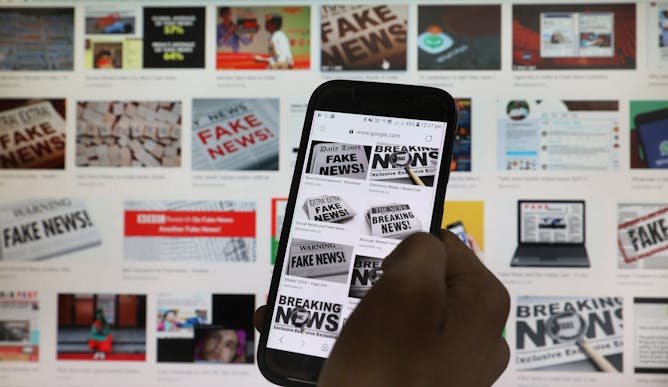
Many laws passed in recent times are not aimed at correcting false information, but punishing its publication.
EFE-EPA/Harish Tyagi
Peter Cunliffe-Jones, University of Westminster; Alan Finlay, University of the Witwatersrand; Anya Schiffrin
The majority of those punished under the laws to combat false information are opposition politicians or journalists.
|
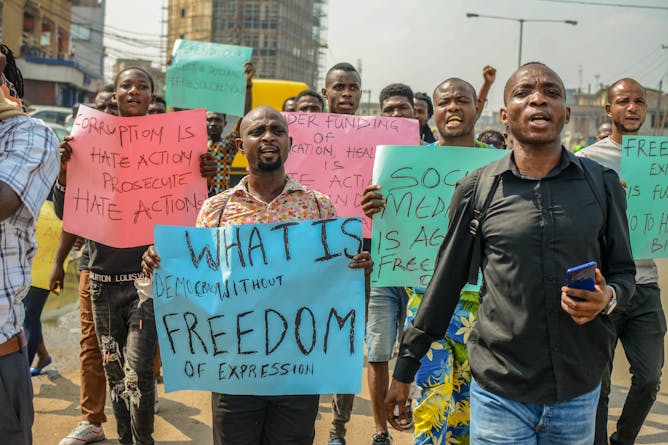
Some Nigerians protesting against a proposed social media bill.
Oluwafemi Dawodu/Shutterstock
Akinola Akintayo, University of Lagos
The Nigerian government has no legal capacity to unilaterally regulate or police borderless social media platforms.
|
Mozambique in the news
|
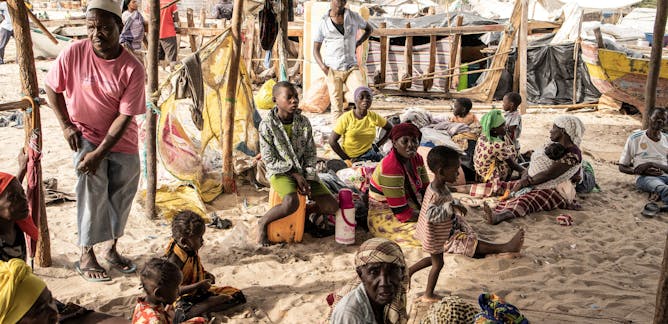
Gilbert M. Khadiagala, University of the Witwatersrand
The Southern African Development Community does not have a remarkable record of military interventions in civil conflicts in the region.
| |
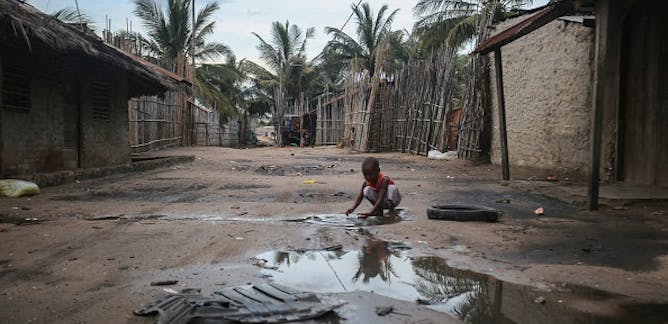
Sam Jones, United Nations University; Finn Tarp, University of Copenhagen
The development strategy based on foreign investment in natural resources projects has not delivered economic growth or security. What's needed is an inclusive vision based on local realities.
|
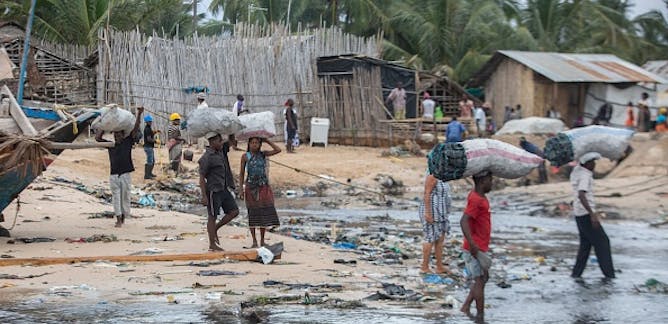
Theo Neethling, University of the Free State
The conflict has put a temporary lid on plans that have been in the making for more than a decade since rich liquefied natural gas reserves were discovered in the Rovuma Basin.
| |
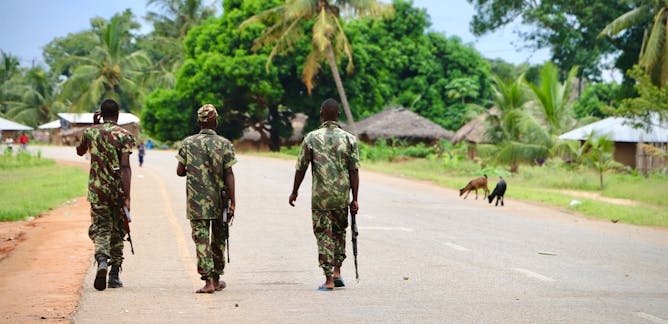
Cristiano d'Orsi, University of Johannesburg
The situation in Cabo Delgado is dire. The international community needs to act fast to contain it.
|
|
|
Arts, culture + society
|
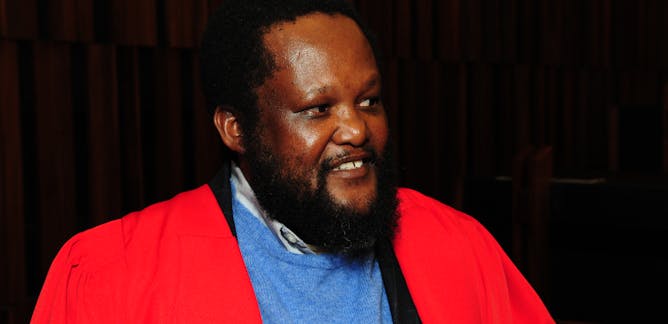
Isabel Hofmeyr, University of the Witwatersrand
For Peterson theoretical reflection went hand-in-hand with practice; knowledge had to be made in and outside the academy.
| |
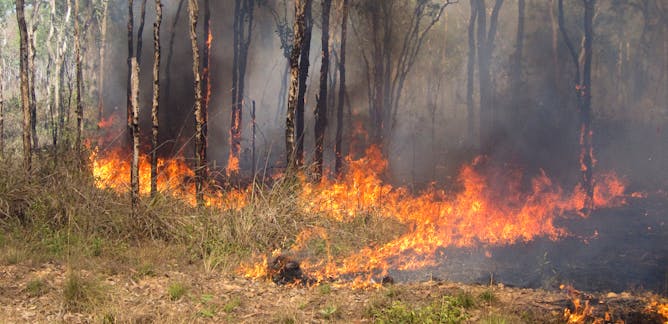
Gemma Ware, The Conversation; Daniel Merino, The Conversation
How to prevent future disasters by learning from the past. Listen to episode 21 of The Conversation Weekly podcast.
|
|
|
From our international editions
|
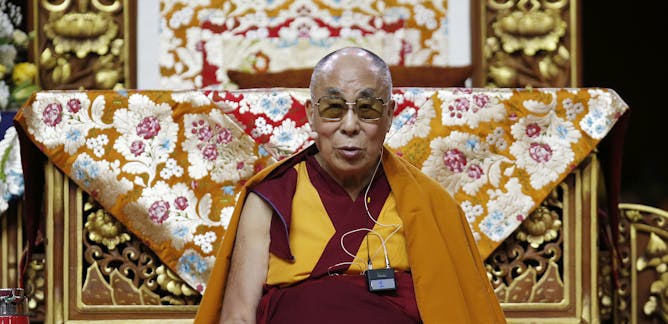
Brooke Schedneck, Rhodes College
For Tibetan Buddhists it is important that they are in charge of the selection process for the next dalai lama, but China wants to appoint its own.
| |
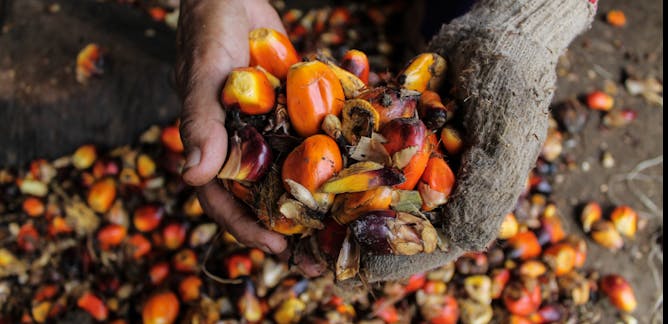
Jonathan E. Robins, Michigan Technological University
Palm oil is responsible for widespread deforestation and labor abuses, but it's also cheap and incredibly useful. That's why many advocates call for reforming the industry, not replacing it.
|
|
|
En Français
|
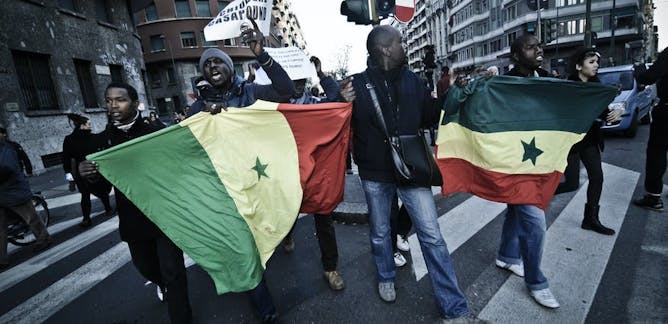
Pau Baizán, Universitat Pompeu Fabra
Un élément crucial qui favorise la migration est le fait d’avoir des liens personnels avec des migrants contemporains.
| |
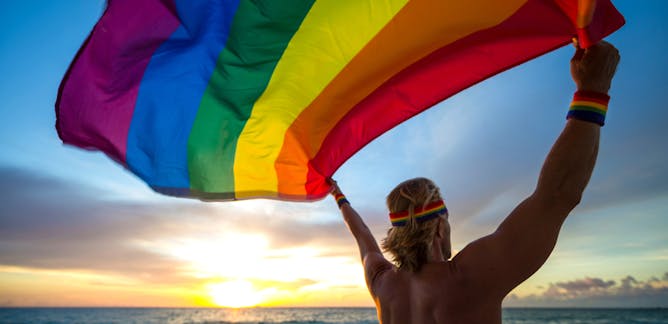
Alexandra S. Rome, ICN Business School; Jack Sheldon Tillotson, University of Vaasa
Lors de leurs séjours, les visiteurs homosexuels témoignent d’une double discrimination liée à culture hétéro-dominante mais aussi à la communauté gay elle-même.
|
|
|
| |
| |
| |
| |
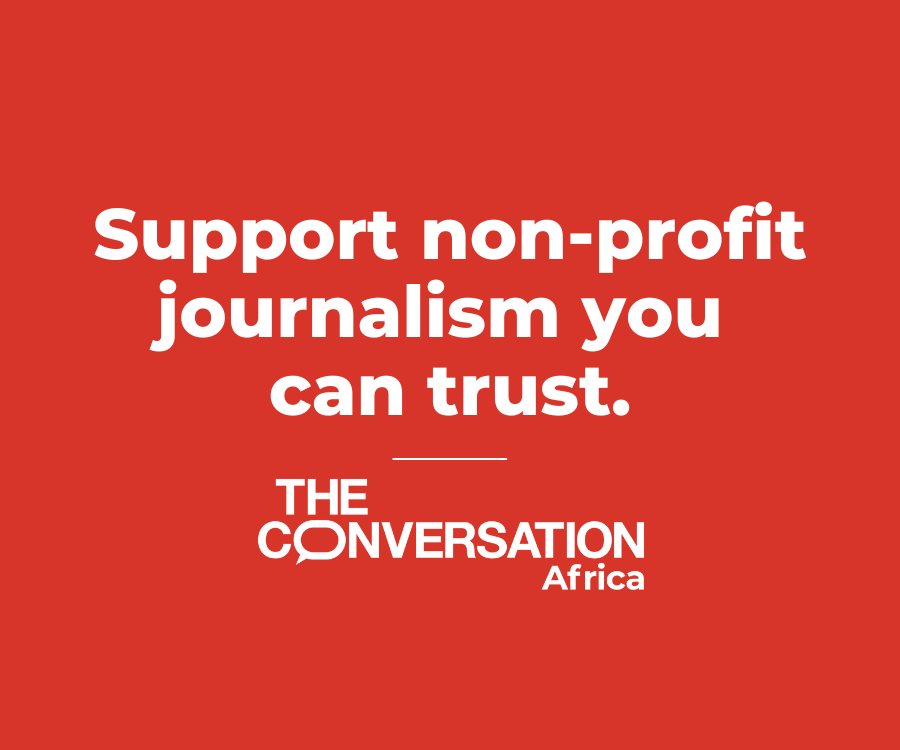
|
| |
| |
| |
Featured events
|

|
Wits University, 1 Jan Smuts Avenue, Johannesburg, Gauteng, 2050, South Africa — University of the Witwatersrand
|

|
4th Floor, Johannesburg Business School, Cnr Barry Hertzog Ave and Empire Road, Milpark, Johannesburg, Gauteng, 2092, South Africa — University of Johannesburg
|
|
|
|
| |
| |
| |
Would you like to republish any of these articles?
|
|
It’s free to republish, here are the guidelines.
Contact us on africa-republish@theconversation.com in case you need assistance.
|
| |
| |
| |
| |
|
|
|
|
|
|
|